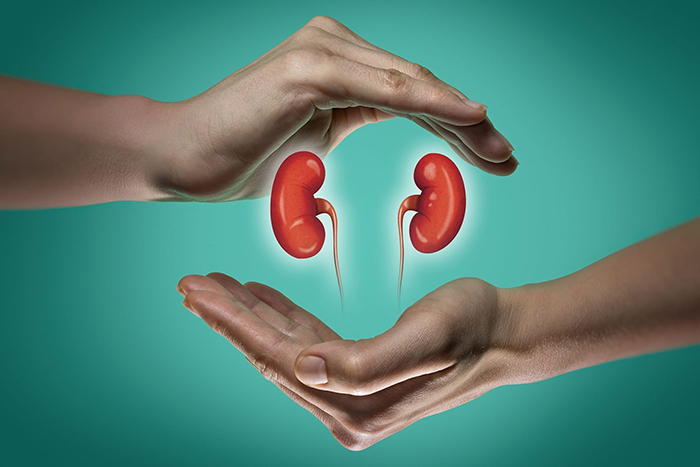A recent study published on September 10, 2019, in the Journal of the American Medical Association (JAMA) finds that kidney failure patients receiving dialysis at for-profit dialysis centers are less likely to get a kidney transplant than patients at nonprofit dialysis clinics.
Emory researcher Rachel Patzer, Ph.D., MPH, associate professor in the departments of Surgery and Medicine, Emory University School of Medicine, and senior author on the JAMA paper, wanted to determine if there were lower rates of living donor and deceased donor transplantation among for-profit dialysis facilities.
Using publicly available data from the national United States Renal Data System (USRDS), researchers looked at nearly 1.5 million kidney failure patients over 16 years. The study included a review of non-profit small chains, non-profit independent facilities, for-profit large chains, for-profit small chains, and for-profit independent facilities.




